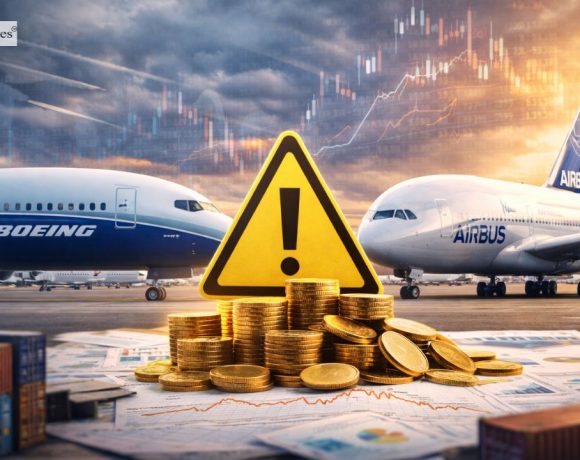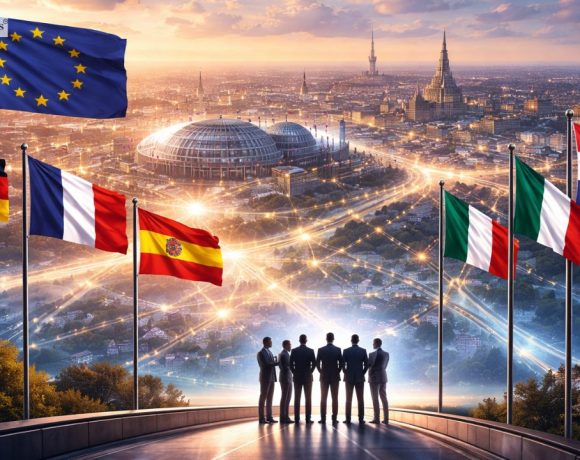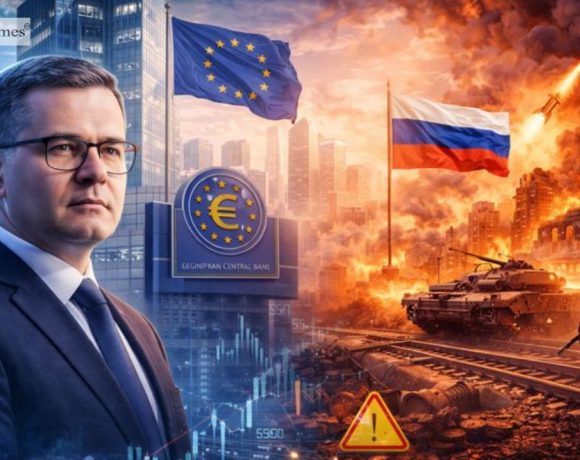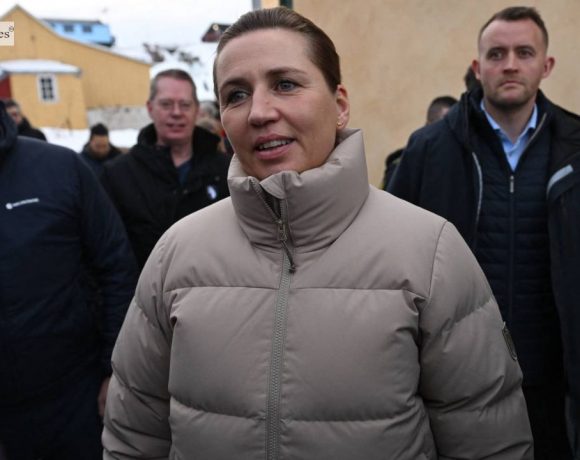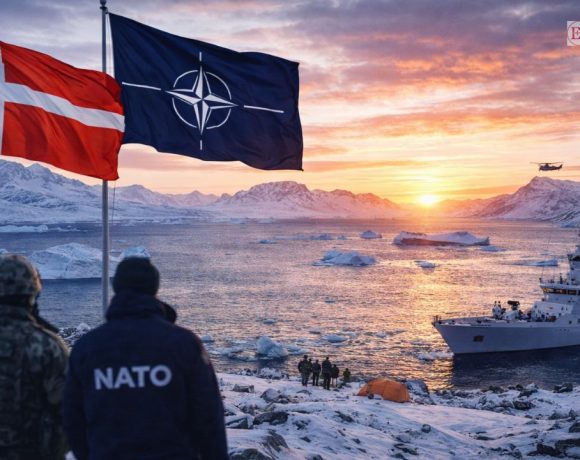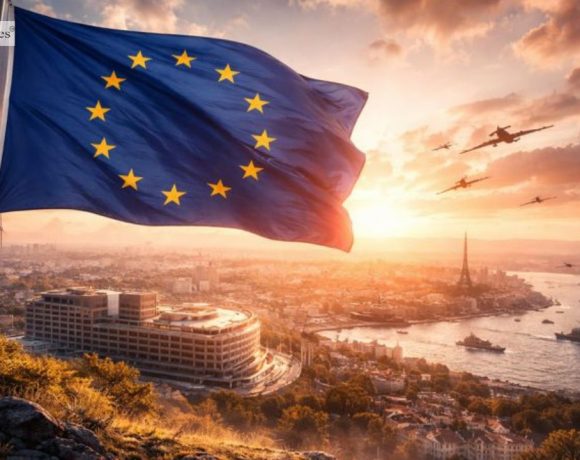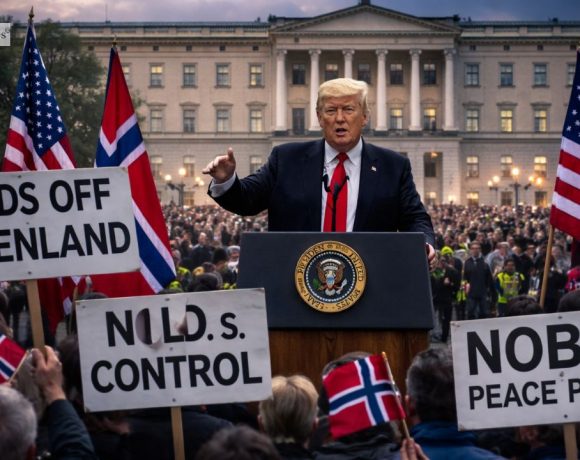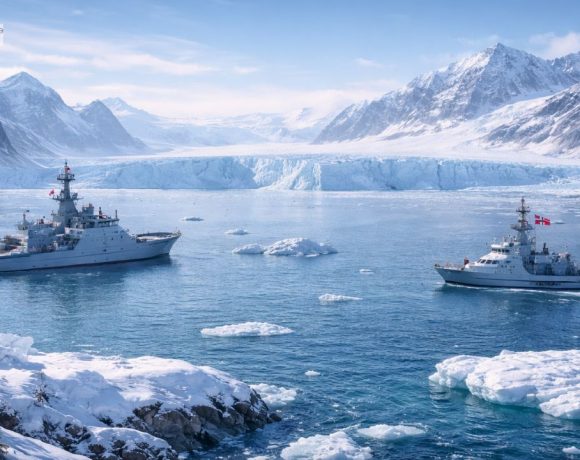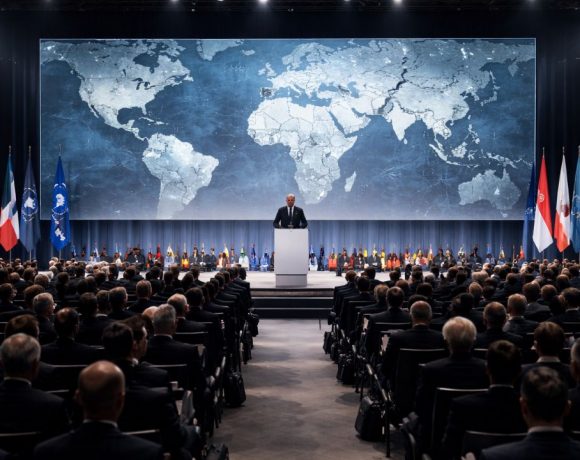
Germany’s Chancellor Friedrich Merz has warned that the rules-based world order “no longer exists,” urging Europe to prepare for sacrifices in an era dominated by great-power politics. Speaking at the Munich Security Conference, Merz said Europe’s freedom was no longer guaranteed and acknowledged a “deep divide” between Europe and the United States, citing growing tensions over trade, values, and security.
His remarks came amid strains in transatlantic relations following actions and rhetoric by US President Donald Trump, including threats to annex Greenland and the imposition of tariffs on European goods. Merz rejected protectionism and criticised the ideological influence of the Maga movement, while still appealing for renewed cooperation with Washington. He also revealed confidential discussions with Emmanuel Macron on the possibility of a joint European nuclear deterrent.
The conference, attended by around 50 world leaders, is also focused on the war in Ukraine, relations with China, and questions over US commitment to NATO. Addressing delegates later, Macron urged Europe to accelerate rearmament and become a stronger geopolitical actor, calling Russia’s war against Ukraine an “existential challenge.” Meanwhile, US Secretary of State Marco Rubio described the moment as a “new era in geopolitics,” underlining the scale of global realignment now under way.
Pic courtesy: google/ images are subject to copyright

